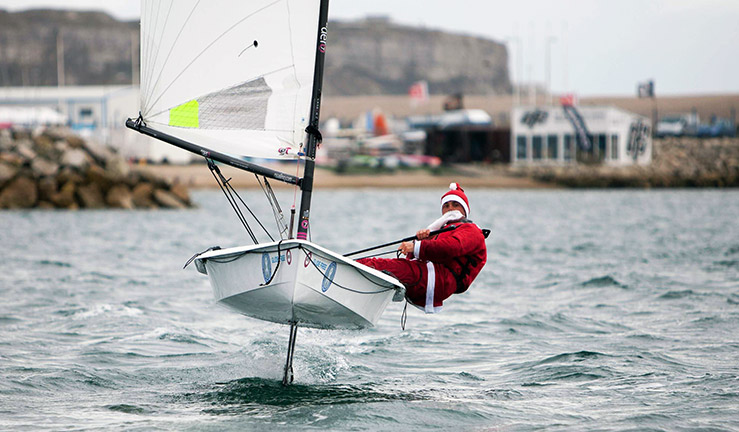
A new report by the Surfers Against Sewage (SAS) has revealed that multiple popular inland swimming sites in England are unsafe for water users. 40 locations were sampled weekly by volunteer citizen scientists throughout the 2023 bathing season. 20 were popular sites for bathing, and 20 were upstream of a nearby sewage overflow associated with the swimming spots.
Of the 40 locations, SAS found that 24 would be deemed ‘poor’ quality were they designated bathing waters, as per Environment Agency methodology. Four out of 20 bathing sites showed a clear decrease in water quality from locations upstream to downstream of a sewage overflow. The data is released just weeks after the Government announced its intention to diverge from the EU’s standards for monitoring water quality in England.
UK bathing waters in a shocking state
The report explores the shocking state of UK bathing waters in a time when untreated sewage was discharged over 399,864 times last year into UK waterways – the equivalent of more than 1,000 discharge events every day. The report notes that the majority of overflows in Scotland and Northern Ireland go unreported, meaning this figure is likely a significant underestimate of the true frequency of sewage discharges into the UK’s rivers and seas. In Scotland only 4% of sewage overflows are monitored whilst Northern Ireland Water admits it lacks the ability to record or measure when sewage discharges occur.
Meanwhile, SAS have unearthed documents that indicate that Welsh Water have used emergency overflows – permitted only in the case of catastrophic events – to release sewage into a designated bathing water multiple times over the last two years. The Gwbert Emergency Overflow, which impacts the designated bathing water of Poppit Sands, discharged 24 times in the same number of months, indicating a clear breach of permit.
Years of work lost to ill health
Sicknesses in the UK due to sewage pollution reported to SAS reached 1,924 cases in the last year – nearly triple the number of cases reported a year prior. These cases resulted in 1,987 days taken off sick, which translates to 5 years of work lost to ill health caused by polluted waters. Many of these sicknesses have led to hospitalisation, events cancelled, earnings lost, and businesses closed. As this data just relates to cases reported to SAS, these numbers are likely only the tip of the iceberg.
Earlier this year, the RYA joined the call to stop the pollution of UK waters by becoming a signatory on the SAS Manifesto: The End Sewage Pollution Manifesto.
You can read the Surfers Against Sewage Water Quality Report ’23 in full on the Surfers Against Sewage website.

